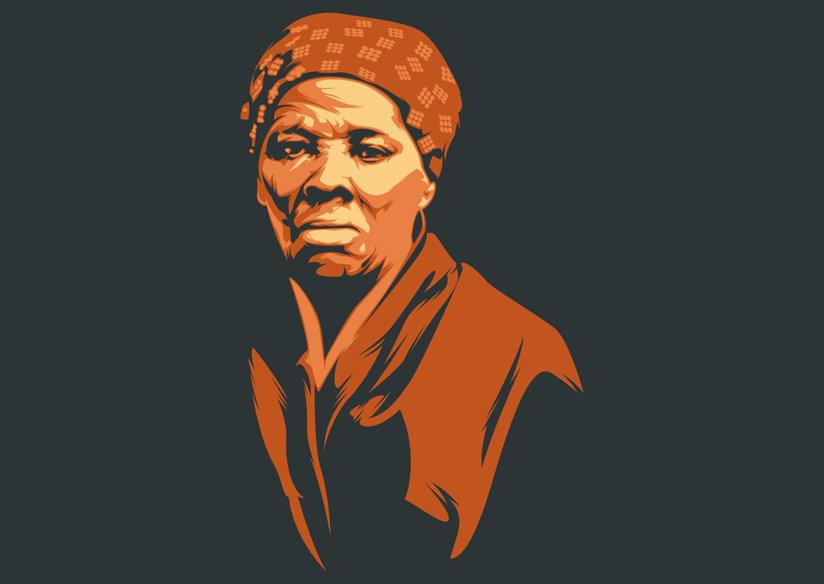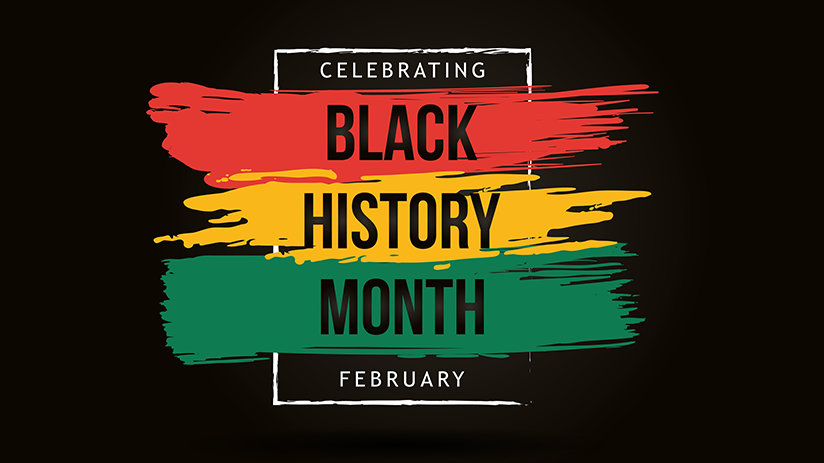
-
HOME
-
WHAT IS STANDOur Mission Our Values Our Help Contact
-
WHAT WE FIGHT FORReligious Freedom Religious Literacy Equality & Human Rights Inclusion & Respect Free Speech Responsible Journalism Corporate Accountability
-
RESOURCESExpert Studies Landmark Decisions White Papers FAQs David Miscavige Religious Freedom Resource Center Freedom of Religion & Human Rights Topic Index Priest-Penitent Privilege Islamophobia
-
HATE MONITORBiased Media Propagandists Hatemongers False Experts Hate Monitor Blog
-
NEWSROOMNews Media Watch Videos Blog
-
TAKE ACTIONCombat Hate & Discrimination Champion Freedom of Religion Demand Accountability
“If You Want A Taste Of Freedom, Keep Going”—200 Years Later, Harriet Tubman Lives On
“If you hear the dogs, keep going. If you see the torches in the woods, keep going. If there’s shouting after you, keep going. Don’t ever stop. Keep going. If you want a taste of freedom, keep going.”
— Harriet Tubman
Harriet Tubman, whose bicentennial began this March, led two lives, one enslaved and one free. The stories we hear most about her relate to the early years of the 91 she lived.
Born in slavery and scarred for life from the physical violence she endured all through childhood and adolescence, she escaped to Philadelphia, taking the 116-mile “underground railroad” on foot, dodging bullets, pursuers, and dogs all the way, shaking off hunger and weariness with one object in mind: freedom.

When she crossed over into a free state, she realized that she was a slave no longer—no longer identified as an item of property to be bought and sold, but existing now for the first time as a human being, free.
“When I found I had crossed that line, I looked at my hands to see if I was the same person. There was such a glory over everything; the sun came like gold through trees, and over the fields, and I felt like I was in Heaven.”
On June 2, 1863, she became the first woman to lead a major military operation in the United States.
The taste of freedom was intoxicating, so much so that she had to share it, even at the risk of her life. Again and again, she defied the odds and successfully shepherded scores of people up from slavery over the trail to freedom. By hook or by crook, she rescued them. Sometimes on foot, sometimes on horseback or canoe, sometimes in disguise, she bribed, lied, wrote in code, and when all else failed, trusted in God to lead her safely through hostile land. Her use of songs like “Go Down Moses,” sung in different tempos to indicate safety or danger, earned her the nickname “Moses.”
But there is a sequel to this part of Tubman’s life. After purchasing acreage in upstate New York in 1859 from the politically prominent Seward family (William Seward, Secretary of State and purchaser of Alaska for the United States) she joined the Union Army as a spy, scout, nurse and cook.
Then on June 2, 1863, she became the first woman to lead a major military operation in the United States, leading 150 Black Union soldiers in the Combahee Ferry Raid and freeing over 700 slaves.
After the Civil War, settling in Auburn, New York, Tubman continued to make her presence felt, agitating for a woman’s right to vote, workers’ rights, and civil rights. In her later years, though enduring constant pain and dizziness from her many injuries, she kept on fighting for human rights.
At age 91, surrounded by family and admirers, her last words of reflection before passing were these: “I go to prepare a place for you.”









